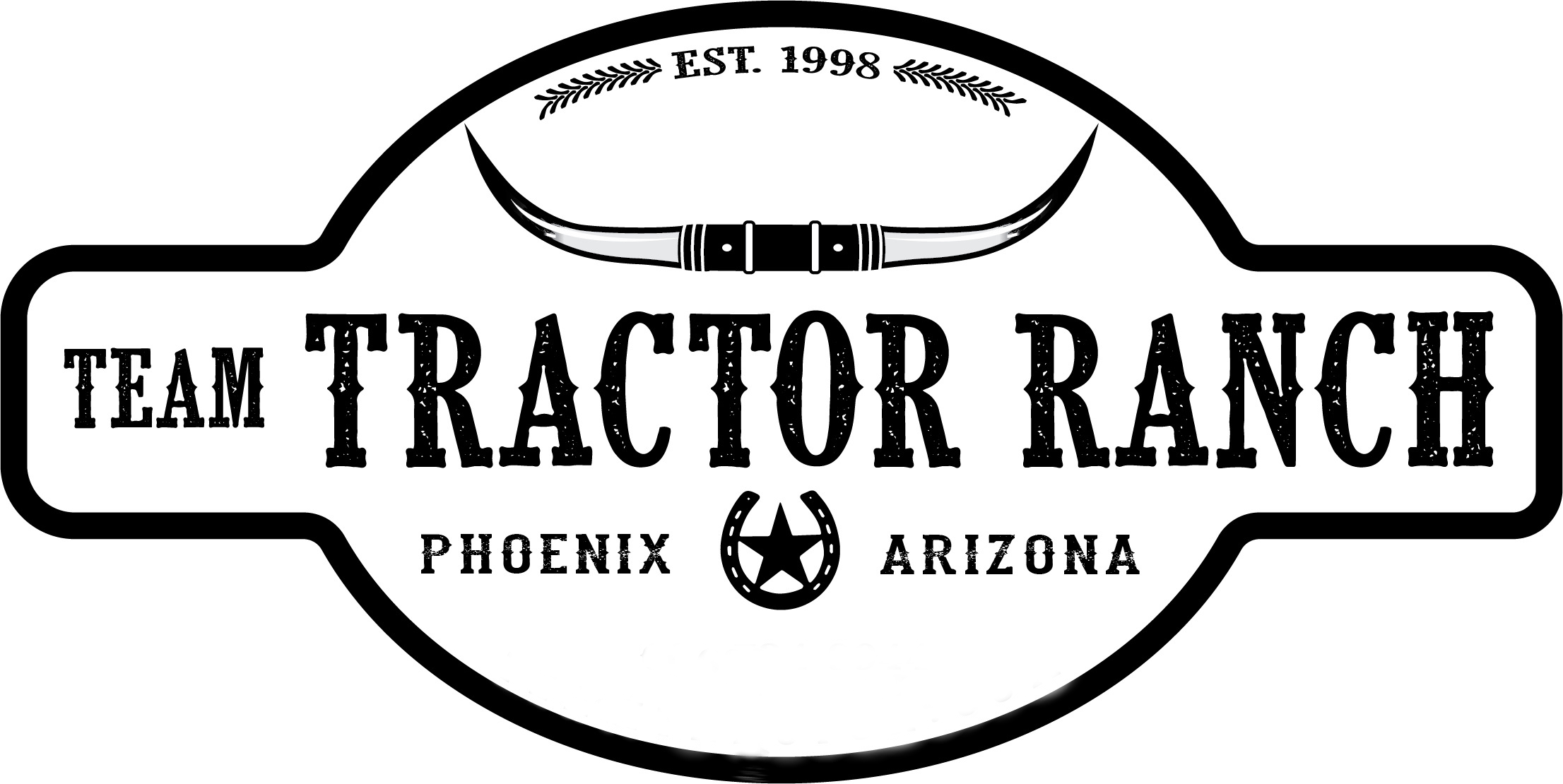How to Raise Organic Vegetables
Raising organic vegetables involves a series of sustainable practices that promote soil health, pest management, and biodiversity.
Discover this detailed guide on how to successfully grow organic vegetables...
1. Soil Preparation
Start with a soil test to determine pH and nutrient levels. This helps you understand what amendments are needed for optimal plant growth. Create a compost pile to enrich the soil with organic matter, which improves soil structure and fertility10. Use kitchen scraps, yard waste, and other organic materials. Incorporate natural fertilizers such as well-rotted manure, bone meal, or fish emulsion to enhance nutrient availability.
2. Choosing Seeds and Plants
Use certified organic seeds or transplants to ensure they are free from synthetic pesticides and fertilizers. Consider planting heirloom varieties that are often more resilient and flavorful.
3. Planting Techniques
Rotate crops each season to prevent soil-borne diseases and pests. Avoid planting the same family of plants in the same spot for at least three years. Grow compatible plants together to enhance growth and deter pests. For example, planting marigolds with tomatoes can repel nematodes.
4. Watering Practices
Ensure consistent moisture, especially during germination. Aim for about 1 inch of water per week, adjusting for rainfall. Apply organic mulch to retain moisture, suppress weeds, and regulate soil temperature.
5. Pest Management
Effective against a variety of pests; disrupts their life cycle without harming beneficial insects. Targets soft-bodied insects like aphids and spider mites; must be applied directly to pests. Introduce ladybugs or lacewings to control aphid populations naturally. Use floating row covers or mesh to protect plants from pests while allowing sunlight and rain through.
6. Maintenance
Check plants regularly for signs of pests or disease. Early detection is key to managing issues organically. Keep the garden free from weeds that compete for nutrients and water. Hand-pulling or using mulch can help manage weeds effectively.
7. Harvesting
Harvest vegetables at their peak ripeness for the best flavor and quality. Regular harvesting can also encourage further production in some crops.
By following these practices, you can cultivate a thriving organic vegetable garden that is not only productive but also sustainable and environmentally friendly. Enjoy the process of growing your own food while contributing positively to the ecosystem.
If you need any further help or have any questions about service, tractors, implements, or anything else equipment-related, please contact your dealer, local mechanic, or call us at 602-734-9944. Please ask about our current new and used tractor supply.
If you are looking for old, vintage, classic, or new tractor parts, send us a part request.
Team Tractor Ranch - #1 Tractor Dealer in Arizona. We sell and service most major brands of tractors including Yanmar, Kubota, John Deere, TYM, Mahindra, Kioti, Case, New Holland, Massey Ferguson, Ford, Deutz, Case IH, Farmall, International Harvester, Branson Tractors, LS, Shibura, Claas Tractor, McCormick Tractors, Valtra, Solis, YTO, Montana, and Nortrac.
